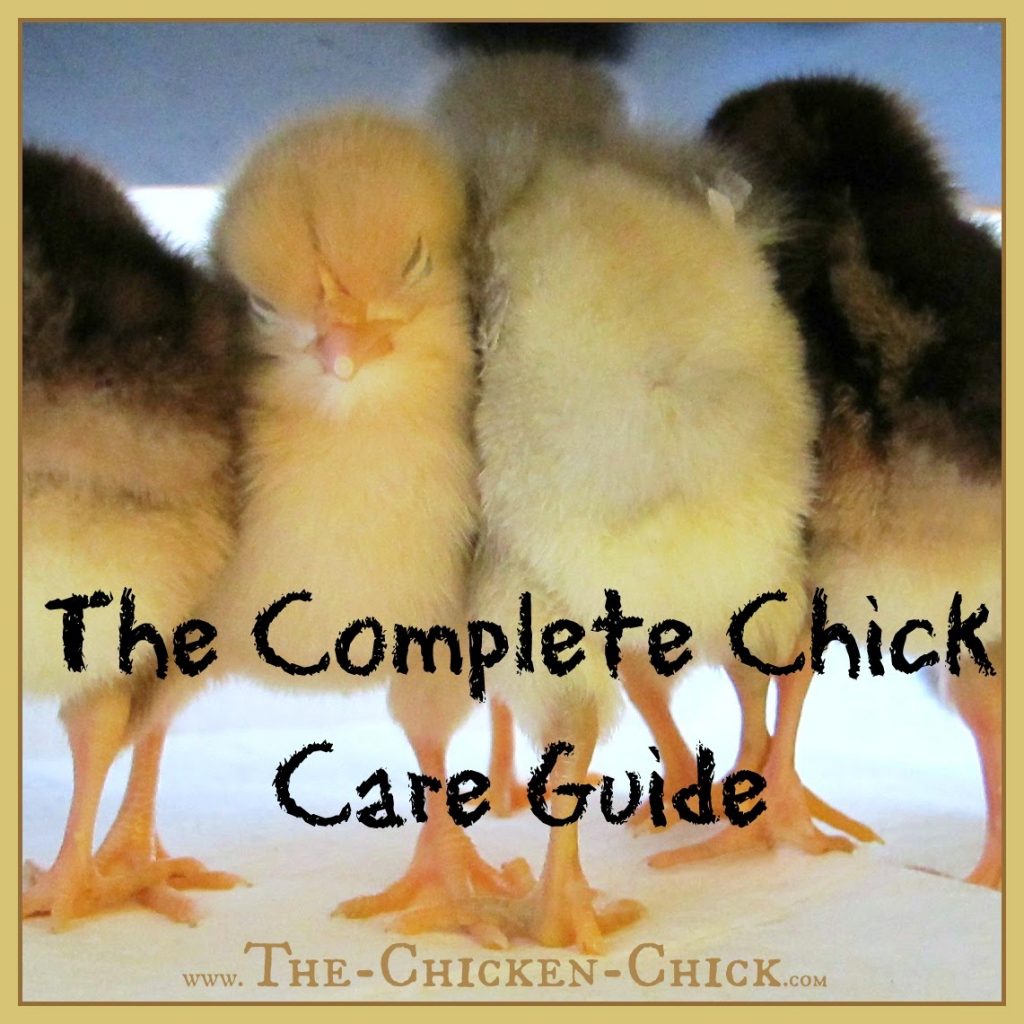
Baby Chicks Care: A Comprehensive Guide for Nurturing Healthy and Thriving Chicks
Introduction
Baby chicks, with their adorable fluffiness and curious nature, can bring immense joy to any household. However, providing proper care for these delicate creatures is crucial to ensure their well-being and healthy development. This comprehensive guide will delve into every aspect of baby chick care, empowering you with the knowledge and skills to nurture thriving chicks from day one.
Housing and Environment
Brooder:
- Provide a warm and draft-free brooder for the first 6-8 weeks of life.
- Use a cardboard box or a commercial brooder with a heat lamp.
- Maintain a temperature of 95-100°F (35-38°C) for the first week, gradually reducing it by 5°F (3°C) each week until room temperature is reached.
- Ensure adequate ventilation to prevent ammonia buildup.
Bedding:
- Use soft and absorbent bedding such as pine shavings, straw, or paper towels.
- Change bedding regularly to maintain hygiene and prevent disease.
Light:
- Provide 24 hours of light for the first week to encourage feeding and prevent piling.
- Gradually reduce light hours to 16-18 hours per day after the first week.
Nutrition
Feed:
- Offer a high-quality starter feed specifically formulated for baby chicks.
- Provide feed in shallow feeders and ensure it is always fresh.
- Avoid feeding medicated feed unless prescribed by a veterinarian.
Water:
- Provide clean and fresh water at all times.
- Use a waterer with a shallow base to prevent drowning.
- Change water daily to maintain hygiene.
Supplements:
- Consider adding electrolytes to water during the first few days to prevent dehydration.
- Provide grit or oyster shells for calcium and digestive health.
Health and Hygiene
Vaccinations:
- Consult with a veterinarian to determine the necessary vaccinations for your chicks based on your location and potential disease risks.
Disease Prevention:
- Keep the brooder clean and disinfected to prevent disease outbreaks.
- Isolate sick chicks immediately and seek veterinary attention.
- Avoid overcrowding and ensure adequate ventilation.
Hygiene:
- Wash your hands before handling chicks to prevent disease transmission.
- Clean and disinfect equipment regularly.
- Dispose of waste promptly to prevent contamination.
Handling and Socialization
Handling:
- Handle chicks gently and support their bodies.
- Avoid holding them upside down or by their legs.
- Wash your hands after handling chicks to prevent disease transmission.
Socialization:
- Introduce chicks to each other gradually to prevent aggression.
- Provide plenty of space for them to move around and interact.
- Handle chicks regularly to socialize them and reduce stress.
Common Health Problems
Coccidiosis:
- A parasitic infection that can cause diarrhea, dehydration, and weight loss.
- Treat with anticoccidial medication prescribed by a veterinarian.
Pasturella:
- A bacterial infection that can cause respiratory problems, such as sneezing and coughing.
- Treat with antibiotics prescribed by a veterinarian.
Marek’s Disease:
- A viral infection that can cause tumors and immunosuppression.
- Vaccinate chicks at an early age to prevent infection.
Transitioning to the Outdoors
Preparation:
- Gradually introduce chicks to the outdoors by placing them in a protected area for short periods.
- Ensure the outdoor area is safe from predators and has access to food, water, and shelter.
Acclimatization:
- Start transitioning chicks to the outdoors when they are fully feathered and at least 6 weeks old.
- Monitor them closely and provide additional heat if necessary.
Shelter:
- Provide a coop or shelter that protects chicks from the elements and predators.
- Ensure the coop is well-ventilated and has adequate space for all chicks.
Conclusion
Nurturing baby chicks requires a combination of knowledge, care, and attention to detail. By following the comprehensive guidelines outlined in this article, you can provide your chicks with the optimal environment and care they need to thrive and grow into healthy and happy chickens. Remember to consult with a veterinarian for any health concerns or specific recommendations based on your location and breed of chicks. With patience, dedication, and a love for these adorable creatures, you can create a fulfilling and rewarding experience for both you and your feathered companions.
